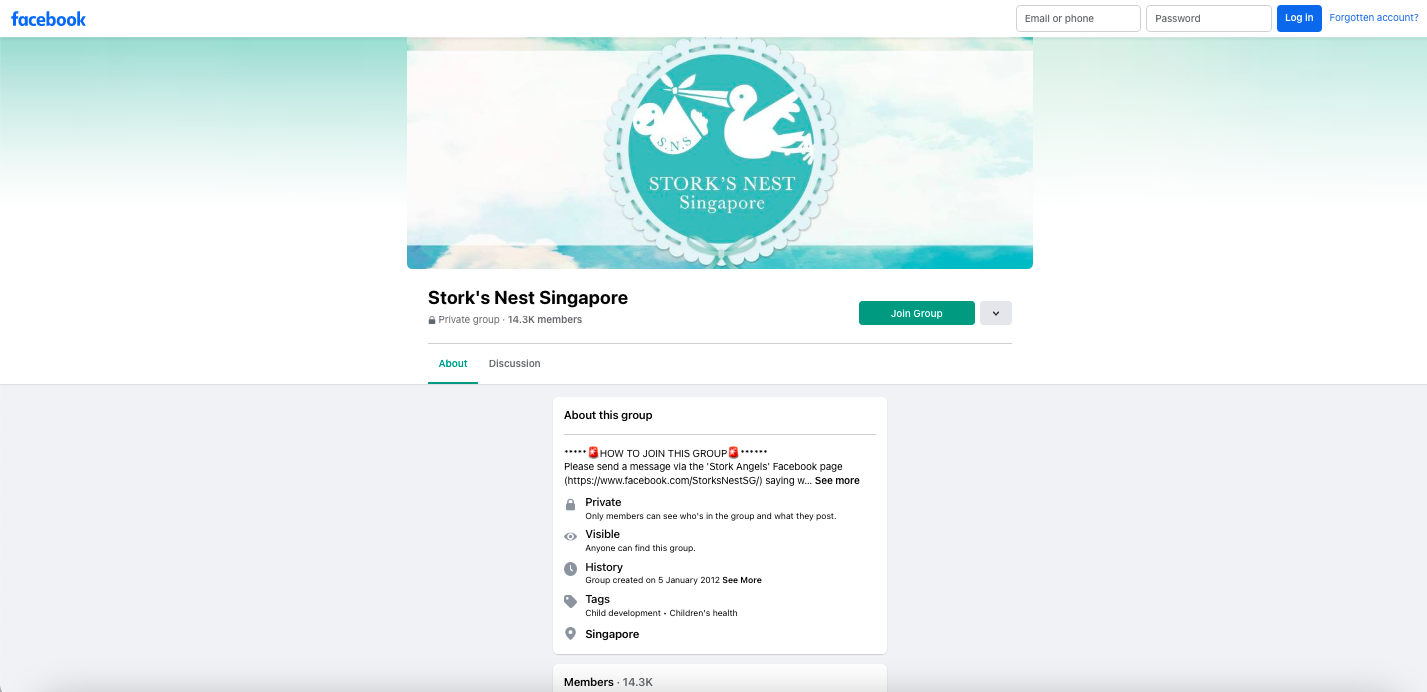Congratulations on giving birth and finishing your postpartum confinement.
If you’ve been a “career woman” all your life, you may be eager to get back to work after your 30-day confinement period.
So here comes the question:
Should you feel guilty about leaving your baby in the hands of a helper or not?
Well, I don’t think you should be because there’s nothing wrong with wanting to go back to work.
But, if you’ve never had a proper conversation with your spouse about the decision, it might pose a little conflict there.
It’s not always about financial issues
While having a single-income arrangement can put a strain on family finances, I think it’s not always about the money.
Let’s say your spouse has a decent-paying job and can support the family without you working, should you then make the “sacrifice” to stay home and take care of the baby?
Call me selfish but I won’t do it.
Yes, kids grow up fast and I may potentially miss the key moments of their growth if I’m a full-time working parent.
But, I didn’t come this far in my career to give up just because of family commitments.
So here comes the issue: talking to your spouse about it.
Share why returning to work matters to you
My reason to return to work after childbirth may differ from yours but ultimately, you want your partner to understand your stance.
Maybe you have big plans to upgrade from an HDB to a private property.

Image Credits: edgeprop.sg
Or perhaps you’re an extreme extrovert that thrives on being outdoors and having a work routine to look forward to.
Whatever the case, share why returning to work matters to you and come to a compromise if necessary.
Key considerations to have during the planning stage
There are inevitably many things to talk about but here are two I think should be settled:
- Analyze your finances
Let’s say your husband’s income is satisfactory if you stay home to look after the baby 24/7. But if you decide to find a job, this means you will need someone to watch the baby.
Whether it’s leaving your little one to their ah gong/ah ma, considering half/full-day infant care, or hiring a full-time helper, that will mean some additional expenses every month.
Sit down and analyze your personal and family finances together, and see how to work things around.
- Splitting the childcare responsibility
You’re only going to tire yourself if you parent alone. And you shouldn’t, anyway.
The baby belongs to you and your partner, and since you’re also heading out to work, then core childcare responsibilities should be laid out and split.
It’s impossible to spilt right down the middle but the main idea is to share the burden.
For instance, who’s going to drop off/pick up the baby after infant care hours, and how many “time-offs” does one get in a month (social life stuff)?
Seek parenting advice from others who’re on the same journey
You’re never alone.
Cliche but it’s true.
There are many people out there on the same journey as you are and I believe you will gain a lot from listening to the stories of others.
I found this active, private Facebook group called Stork’s Nest Singapore that has been around for more than a decade with over 14K members:
Their posts are centered on babies/children/family/full-time helpers so I think it would be of great relevance to you.
As we close, I just want you to know that there’s nothing wrong with wanting to head back to the workplace. Gender-dictated roles have come so far and what our parents have gone through doesn’t have to dictate our future footsteps. It’s your life ultimately so whether you choose to be a “career woman” or a full-time mom, no one should have the right to point a finger at you and tell you what you should or shouldn’t do.





